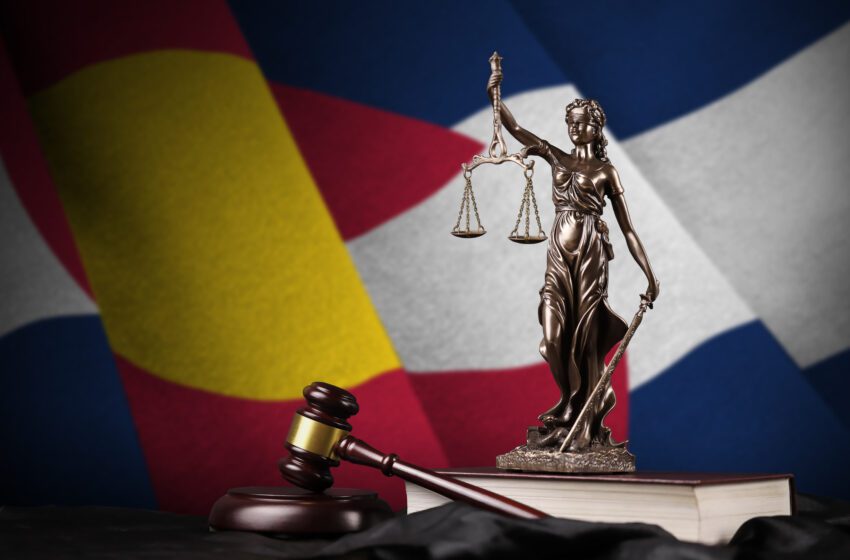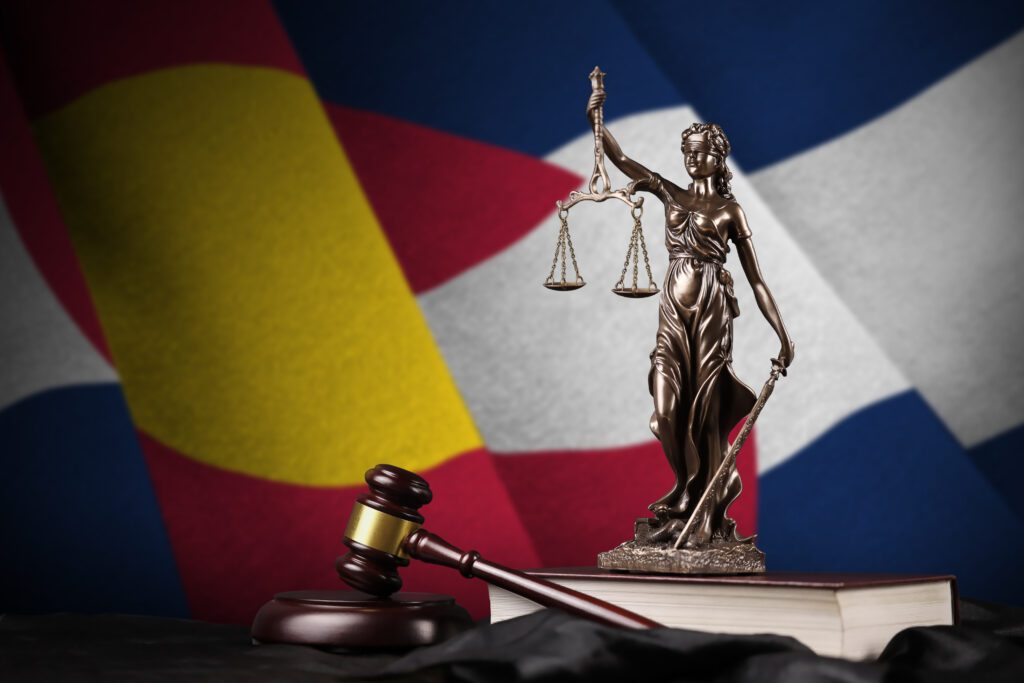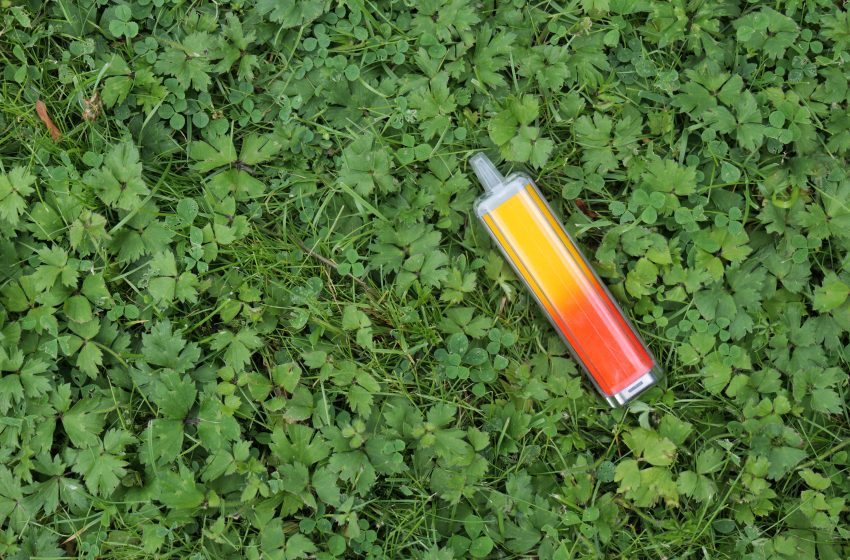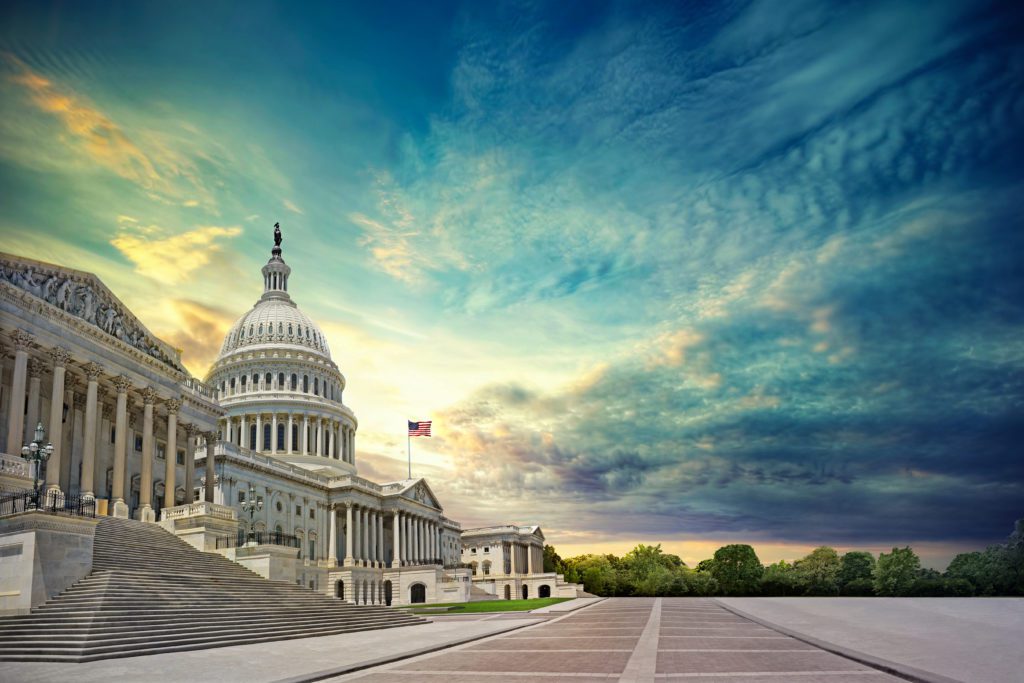
On Monday evening, the Denver City Council passed the final reading of an ordinance that will ban the sale of flavored tobacco products in the city. The ban passed by a vote of 11-1.
The law, which still needs the signature of Mayor Mike Johnson, will go into effect in 90 days and will ban the sale of all forms of flavored tobacco, including cigars and pipe tobacco, as well as flavored vaping products. It does not apply to flavored tobacco intended to be smoked in a hookah that is sold at a hookah tobacco retailer.
Retailers who violate the ban will face suspensions of their privilege to sell tobacco products should they receive two or more violations within the one-year window. Suspensions start at least 30 days and increase to a year for four or more violations. Additionally, that window will go wider in the coming years; as of Jan. 1, 2027, two violations in two years earn a 30-day suspension.
A total of 34 individuals signed up to present comments to the council, which limited the public comment portion to 30 minutes before the vote. People came to speak in support of and in opposition to the ordinance; retailers told the council that a ban would hurt numerous businesses and cost the city tax revenue, as customers would take their businesses elsewhere. A council member indicated that 15 of the 18 municipalities that border Denver do not have similar bans in place.
Retailers also said they would shift sales to the unregulated black market while taking ancillary purchases, usually made at convenience stores, into other cities and towns. One retailer noted that 536 tobacco retail stores in the city will be adversely affected by the ban. Other retailers also said that the council failed to adequately work with retailers in developing the ban and enforcing its existing laws on sales to minors.
Speakers connected to law enforcement also suggested that it would fuel the growth of the black market, which comes with increased criminal activity and products of inferior quality that could pose an even greater health risk, Halfwheel reports.
The Cigar Association of America wrote to the council to oppose the ban, saying in a Dec. 3 letter that “this blanket approach is a disproportionate and ineffective attempt to address any issues of youth usage, especially considering that the only facts and allegations presented as justification for the Proposed Ordinance relate to other product categories – such as vapor and cigarette products.”
A representative from Mayor Mike Johnston told Denver7.com that “we’re committed to protecting youth health through common sense measures, and Mayor Johnston would be in support of this initiative should Council pass it.”
The ordinance does not make it illegal to use a tobacco product, with city representatives telling the council that a person would not be stopped and cited for using a flavored tobacco product.
In 2021, the Denver City Council passed a similar ban, only to have it vetoed by then-Mayor Michael Hancock. The council came up one vote short of overriding the ban.














